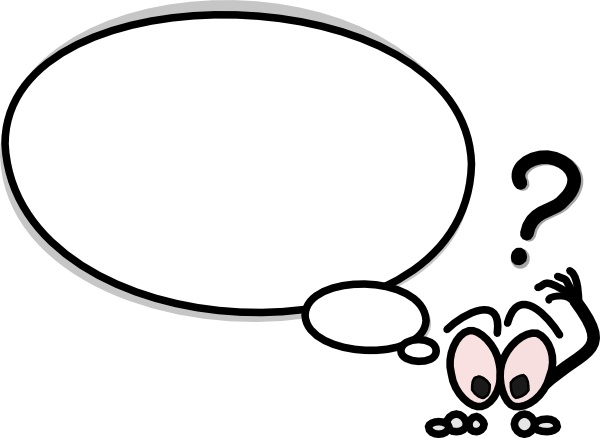
When I found myself stumbling through the hidden traps of decision-making, I officially resigned from adulthood several times.
Decisions shape our destiny, and decision-making is a skill at every level. Making decisions without fear, taking responsibility for them, remaining committed, and accepting that every decision has some good, some bad, some lessons, and some luck is never easy.
We are so conflicted in the decision-making process that we become confused and unwilling to go through the ordeal of deciding what to do. We perch on the ledge, procrastinate, silently pray and believe in miracles. If the outcome is favorable in this case, we are convinced that delaying or avoiding was the right decision, but in reality, we did nothing and simply got lucky.
Even if we decide to go all guns blazing; we spend the majority of our waking hours debating whether we made the right or wrong decision, whether we could have handled it better, what would have happened if we hadn’t done anything, and so on.
Either way, we’re trapped! That is why I no longer sit on the fence; I no longer second-guess my decisions and instead simply pull the trigger.
Indecision, in my opinion, is not a decision, and deliberately deciding not to act or act on it, is a decision after that!
My decision-making experience began with “decision fatigue.” I’m sure you’ve had similar experiences too. Life was great with my school-going children, another adult child in the form of a husband, and a couple of pet dogs until I had to face a decision barrage every morning from the moment I crawled out of bed.
I was paralyzed by decision-making. These routine and repetitive decisions may appear insignificant at first, but they add up over time, forcing you to take major decisions. My day began with deciding what to serve for breakfast, what to pack in lunchboxes, who I wake up first when the alarm goes off, carpooling, do I answer the phone and check messages when juggling a hundred other things, what to wear to work, grocery shopping, soccer, swimming, school homework, what to cook for dinner, and so on. By the end of the day, my good decision-making reserve has been completely depleted.
When this began to have a negative impact on all of our lives, I created a model of “Routine Decision Challenges” and began delegating tasks and keeping a weekly schedule. Sigh, I could finally breathe!
Quick decisions are the easiest to make, and it doesn’t matter if they are right or wrong. Even if it turns out to be wrong, I tell myself that I’ve learned a valuable lesson.
In situations when I know I don’t want to do anything, I ask myself a few questions: will ignoring it haunt me later in life, do I want to be in the middle of some crazy drama, do I really care? If my gut instinct responds with a “No,” I let it go, never to think about it again.
In times of desperation, I also resort to time-tested decision-making tools. I “Flip a coin” and once it’s in the air, I suddenly know what I am hoping for; otherwise, I say, “Eeny, Meeny, Miny, Moe,” the childhood rhyme when we had to choose a person in games, or just “sleep on it” and the next morning I wake up with a decision.
While advice from friends and family is appreciated, keep in mind that you must live with the consequences. They are by your side, giving you advice, and a thousand voices are echoing around you. If the results are unfavorable, these so-called well-wishers vanish from your life.
Sometimes in life, we are faced with a crisis that requires a major decision, for which we have no choice but to think with an open mind and make an informed decision based on facts.
Have you tried “backward thinking?” I visualize my desired outcome and retrace my steps backward until I have a clear picture of what I need to do to achieve it. This is useful when I’m unable to make a decision.
Over the years, I’ve learned to stay true to myself, to know what’s important to me, to stay aligned with my values, and to gain all the insight I need to make the right decision.
Be less concerned about the possibility of negative outcomes and more confident about the possibility of positive outcomes as a result of your decisions. To quote Ratan Tata, “I don’t believe in taking right decisions. I take decisions and then make them right.”

Good one!
Thank you Vinu.
Nice read Sabita! It is definitely a step forward once we make a decision..else it’s just another thought added to the pool of countless thoughts!!! The ‘how to’ can happen only once we decide…
Thank you Shalini.